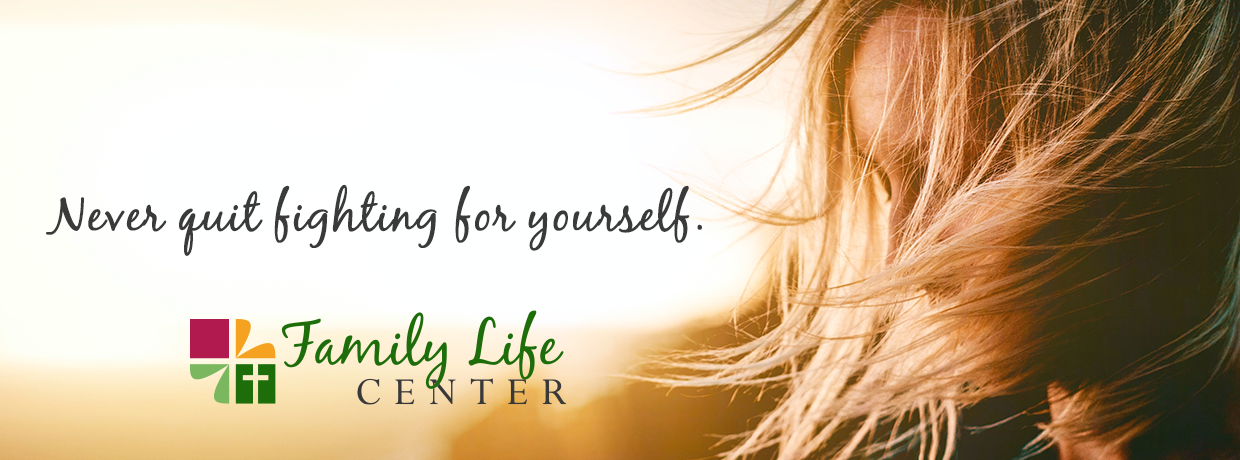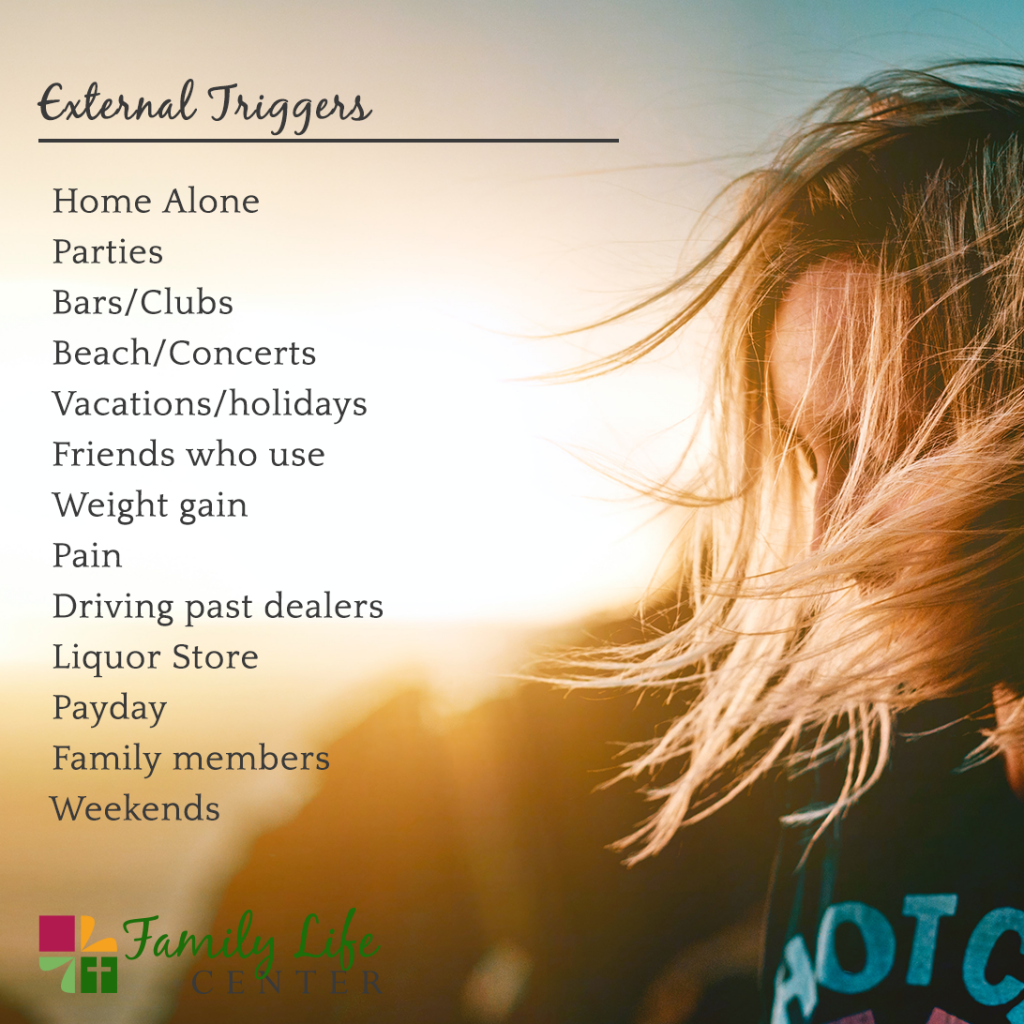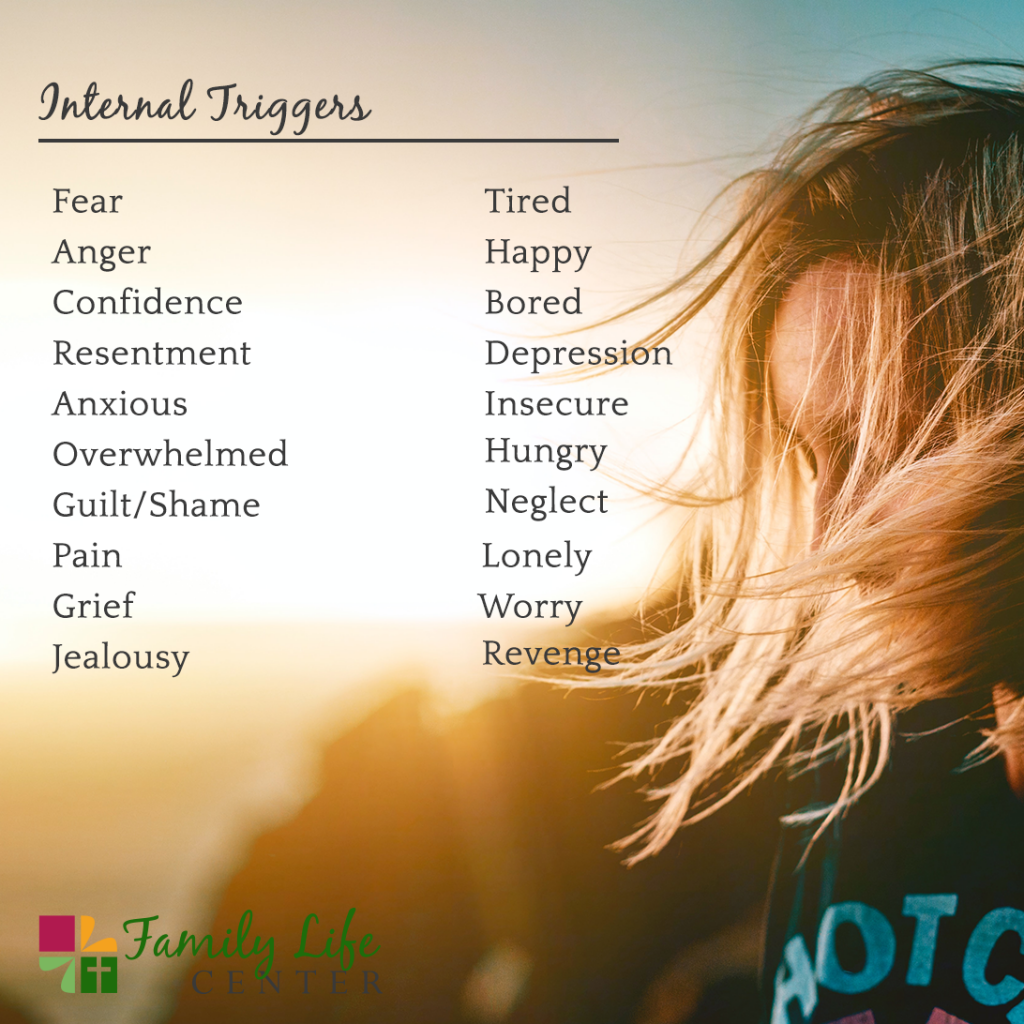Triggers and Warning Signs
The key to relapse prevention is knowing your triggers and warning signs. Most people with Substance Use Disorder would agree: early addiction recovery can be full of challenges. It is important to know what may pose a threat to your personal recovery.
Everyone who attempts to stop using substances runs into situations that make it difficult to maintain abstinence. Listed below are five of the most common situations that are encountered during early recovery:
- Friends and associates who use
- Anger/Irritability
- Substances in the home
- Boredom/Loneliness
- Special Occasions: parties, dinners, business meetings, and holidays
The holiday season is approaching. Will some of these issues likely be a problem for you? Be smart, not strong, and develop a plan on how you will respond.
The “Recovery Checklist” is an excellent resource to aid those in recovery as well as help families and friends understand the boundaries and triggers for those in recovery and support life-changing decisions.
What is a Trigger?
Triggers are people, places, objects, feelings, and times that cause cravings. For example, if every Friday night you clock out of work, a paycheck in hand, go out with your friends and end up using, the triggers might be:
- Friday night
- Friends who use
- After work
- Bar/club
- Money
Your brain associates the triggers with substance use. The trigger thought process can be overwhelming. Stopping the craving process is important in recovery. The best way to do this is the following:
- Identify triggers.
- Prevent exposure to them whenever possible.
- Learn how to cope with triggers by calling your sponsor, 12-Step meetings, or group therapy.
Here are examples of external and internal triggers one might experience:
[one_half]
[/one_half][one_half_last]
[/one_half_last][clear]
What is a Relapse?
The first step to a new life in recovery is to stop using drugs and alcohol. The second step is to not use again. Relapses are common, especially in the beginning. Relapse simply means moving back into drug use and abuse. The triggers and warning signs happen before the substance use takes place.
Relapse Prevention
It is not easy, but understanding that you cannot control everything is important in preventing relapse. Unless you decide to become a recluse (which is not recommended), you cannot control what other people say and do but you can control your reaction to it. How? Here are some suggestions:
- Know your triggers
- Work the 12-Steps with a sponsor
- Have a support system to help you avoid triggers and keep an eye out for warning signs.
- Avoid people and places that make you want to use.
- Attend 12-Step meetings, support groups, church, or therapy.
- Avoid exposure to drugs and alcohol
Maintaining a healthy lifestyle can greatly improve your quality of life and the same goes for someone in recovery!
You Relapsed: Now What?
You feel terrible, scared, and the guilt, shame is in full force. Where do you go from here?
The very first thing you should do is call your sponsor and/or counselor so they can help you assess the situation and decide the best immediate plan of action. This may mean attending inpatient or outpatient treatment. It may simply mean walking back into a recovery meeting. You will want to reach out to your support system as well. The important thing is to keep moving forward no matter what.
Coming back from relapse is not easy, but you have gotten this far and you are capable of doing so again. You have not failed. Let me repeat this: You have not failed! You have been given an opportunity to learn from your mistakes, never quit fighting for yourself. You are worth it!




